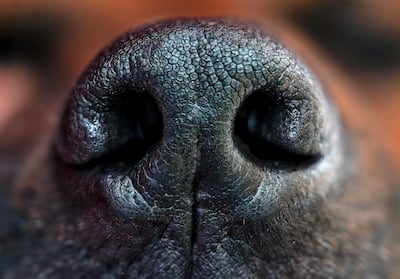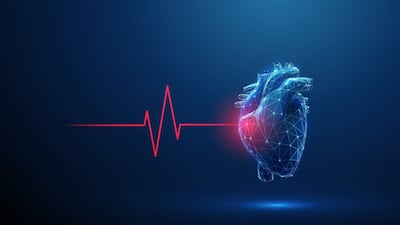Amin Al-Ahmad of Texas Cardiac Arrhythmia presented results of the AF-FICIENT I first-in-human study supporting the safety and efficacy of Boston Scientific Corp.'s Luminize radiofrequency balloon catheter for atrial fibrillation at the European Heart Rhythm Association meeting in Lisbon on March 17.
Luminize helps locate the source of arrhythmia with a built-in digital camera and sensing electrodes on the balloon to assess real-time vein isolation
Read the full article – start your free trial today!
Join thousands of industry professionals who rely on Medtech Insight for daily insights
- Start your 7-day free trial
- Explore trusted news, analysis, and insights
- Access comprehensive global coverage
- Enjoy instant access – no credit card required
Already a subscriber?



